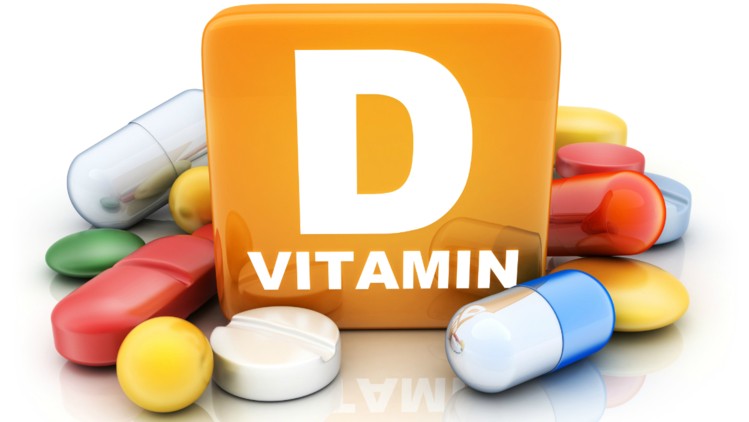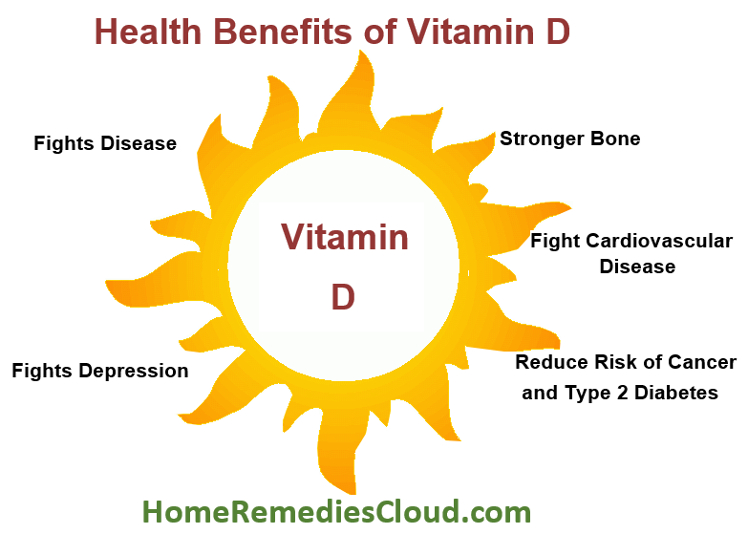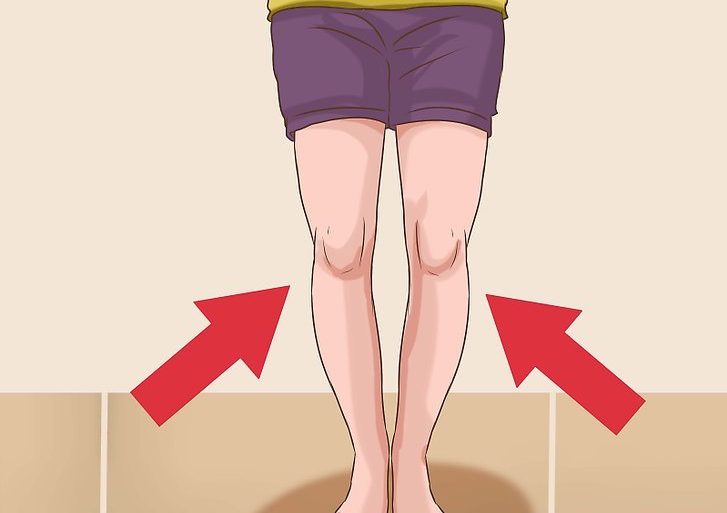
Food And Nutrition Board
Given below is the chart recommended by the Food and Nutrition Board for the minimum intake of vitamin D to keep the body healthy. The intake is given in Internation Units (IU).
| Age | Recommended daily intake of vitamin D |
| 0 to 12 months | 400 IU |
| 1 to 70 years | 600 IU |
| 70 years and above | 800 IU |
When Deficient
The Endocrine Society recommends a daily consumption of 1,500–2,000 IU to adults whose vitamin D levels are below 30 ng/mL, to restore healthy levels. If a person goes for a treatment then instead of daily consumption, they are given a dosage of 50,000 IU weekly or monthly.
Signs Of Deficiency
The signs of vitamin D deficiency is quite subtle so people do not even realize in many cases that they have it, even when these symptoms have a negative impact on their bodies. If you notice these 8 symptoms it means that you might have Vitamin D deficiency.
Symptom 1- Getting Sick Or Infected Often
One of the things that Vitamin D does is the help to keep the immune system strong so that it fights off bacterias and viruses that result in illness.
If you often fall victim to colds or the flu, deficiency of vitamin D might be the reason.
Symptom 1- Respiratory Infections
Infections like cold, pneumonia and bronchitis are respiratory tract infections. Many studies have found a direct link between these and vitamin D deficiency.
A dosage of 4,000 IU vitamin D (it can be in the form of supplements) daily is recommended to reduce the risk of these infections.
Symptom 2- Fatigue And Tiredness
Vitamin D deficiency is mostly overlooked as a potential cause of tiredness. Low blood levels often lead to fatigue which has a negative impact on lifestyle.
There was a case where a woman suffered from chronic fatigue accompanied by headaches. Her blood levels showed the vitamin D level to be just 5.9 ng/ml. Anything below the amount of 20 ng/ml is deficient.






